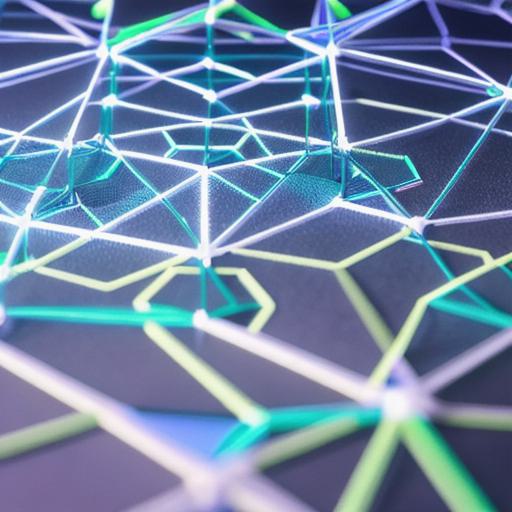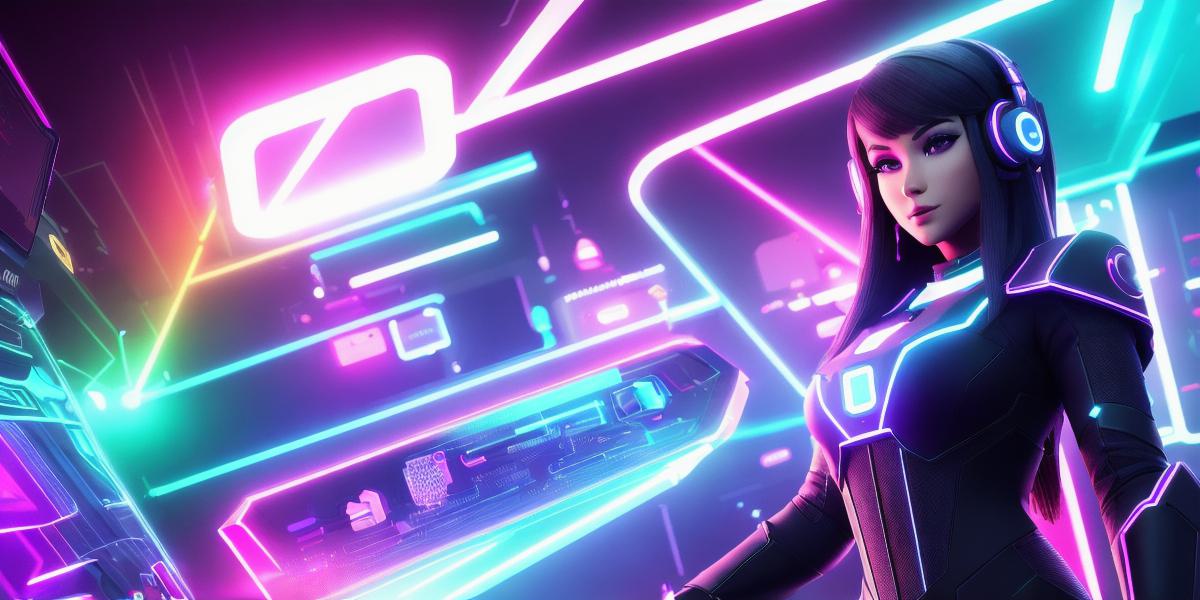Gaming has evolved rapidly over the years, and with the advent of web-based blockchain technology, it is set to revolutionize the industry even further. This article will explore how blockchain technology is transforming gaming and what the future holds for this exciting new frontier.
One of the key benefits of blockchain technology in gaming is its ability to facilitate secure and transparent transactions. By using a decentralized system, players can trust that their transactions are being processed fairly and efficiently. This eliminates the need for intermediaries such as banks, which can slow down transactions and increase costs.
Another advantage of blockchain technology is its ability to enable unique in-game assets and items that cannot be duplicated or copied. This creates a sense of exclusivity and value for players, making them more willing to invest time and money into the game. For example, CryptoKitties, a popular blockchain-based game, allows players to buy, sell, and breed unique digital cats that are stored on the Ethereum blockchain.
Web-based blockchain technology also enables gaming companies to create more immersive experiences for their players. By using smart contracts, games can automate complex processes such as payment processing, player verification, and asset ownership. This allows for a seamless and transparent experience for players, without the need for manual intervention.
One of the most exciting developments in blockchain gaming is the rise of decentralized autonomous organizations (DAOs). These are self-governing entities that use smart contracts to make decisions and manage resources. DAOs can be used to fund game development, allocate resources, and even create new game rules. For example, Decentraland, a blockchain-based virtual reality platform, uses a DAO to govern its economy and fund game development.
Despite these exciting developments, there are still some challenges that need to be addressed in order to fully realize the potential of blockchain technology in gaming. One major challenge is scalability. Blockchain networks can be slow and expensive to use, which can limit their appeal for high-volume games such as multiplayer online role-playing games (MMORPGs).
Another challenge is regulatory uncertainty. While some countries have embraced blockchain technology, others are still grappling with how to regulate it. This can create a patchwork of rules and regulations that make it difficult for gaming companies to operate across borders.
Despite these challenges, the future of blockchain technology in gaming looks bright. As more people become familiar with the benefits of this new technology, we can expect to see even more innovative uses of blockchain in gaming. Whether you’re a game developer or a player, it’s exciting to be part of this rapidly evolving industry.
FAQs:

- What is blockchain technology and how does it work?
Blockchain technology is a decentralized system that allows for secure and transparent transactions without the need for intermediaries such as banks. It works by using cryptography to secure data and ensure that it cannot be tampered with. - How is blockchain technology being used in gaming?
Blockchain technology is being used in gaming to facilitate secure and transparent transactions, enable unique in-game assets and items, and create more immersive experiences for players. It can also be used to fund game development through decentralized autonomous organizations (DAOs). - What are the challenges of using blockchain technology in gaming?
The main challenge of using blockchain technology in gaming is scalability, as it can be slow and expensive to use. Regulatory uncertainty is another challenge, as different countries have different rules and regulations around how to use this new technology. - What does the future hold for blockchain technology in gaming?
The future of blockchain technology in gaming looks bright, as more people become familiar with its benefits and we see even more innovative uses of this new technology. Whether you’re a game developer or a player, it’s an exciting time to be part of this rapidly evolving industry.
